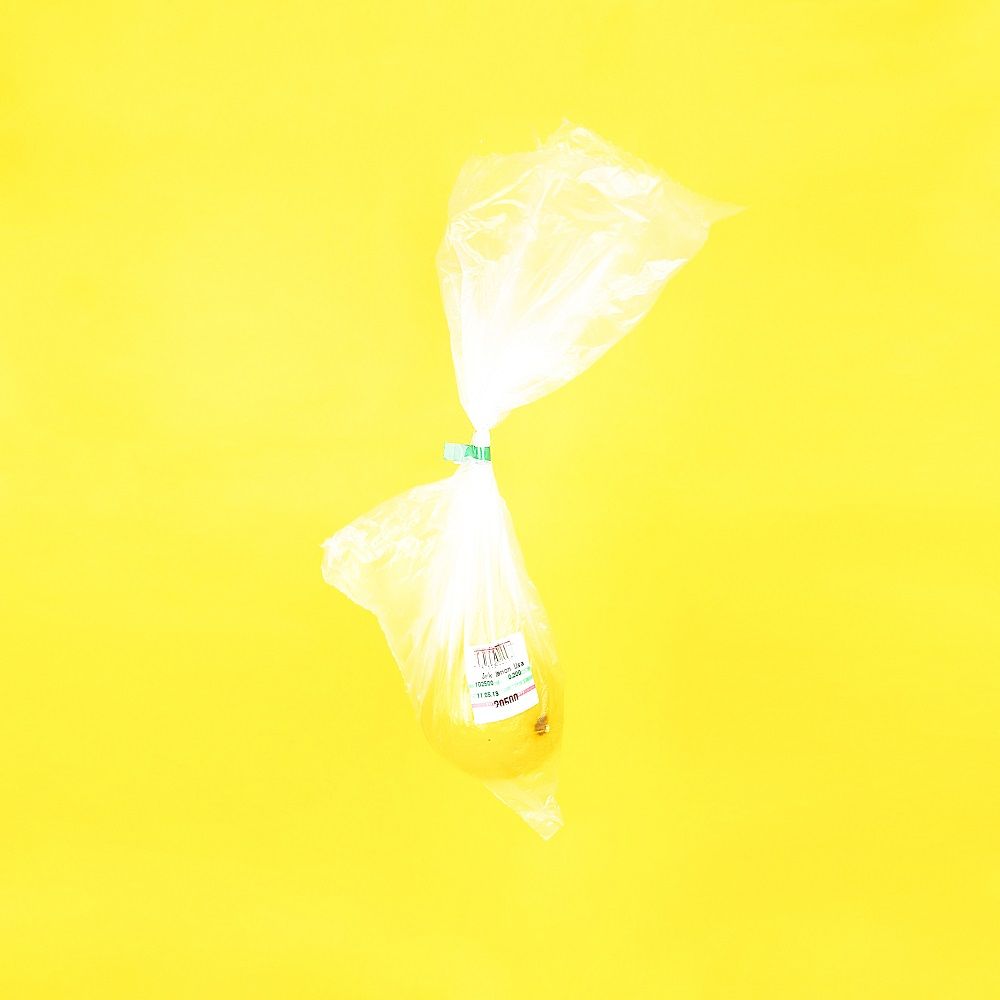Trying to be environmentally friendly, but tearing your hair out because nothing is ever as easy it seems?
I know, right. You started using biodegradable bags because you were told they were better than plastic… but all of a sudden, you’re not so sure.
As we all know, plastic bags are bad for the environment. In the UK where I live, stores and supermarkets have been gradually removing them for the last few years, with many charging as much as 5 pence per plastic bag in order to incentivize shoppers to swap to biodegradable bags.
But the big question is this: Are these biodegradable bags many of us have switched to actually better for the environment than plastic bags? Or have we been sold a lie? Are we — gulp — doing as much damage to the environment as we would have been doing had we stuck to plastic?
In this myth-busting article, I take a look.
Biodegradable bags are just as bad as plastic bags
I’m gonna get straight to the point and level with you: According to a 2019 study, biodegradable bags are not better for the environment than plastic bags.
The study took place over three years, and over those three years, biodegradable bags did not fully decompose in any tested environment. Compostable bags, meanwhile, were also tested, and they did fully disappear underwater, while in other conditions, they turned into compost.
This means that a sea turtle could easily confuse a biodegradable bag for fresh meat (their next dinner!)… and try to eat it. Before, you know, choking to death on it.
That wasn’t part of the script, and it’s certainly not what I had (and maybe you had, too) been told about biodegradable bags. We use biodegradable bags on the assumption they disintegrate quickly and thus cause our planet a lot less harm.
So… Biodegradable bags don’t break down at all?
A biodegradable bag is made from plant-based materials, with manufacturers swapping petroleum for the likes of wheat, vegetable oil, and cornstarch. Biodegradable bags are typically used as bin liners and for collecting food waste.
Compostable bags are good alternatives, and both types of bags are great for containing your waste whilst keeping your bin clean. They also keep nasty smells out!
In theory, biodegradable bags do break down — but only if the conditions are right. For example, living things such as bacteria and fungi are needed, while the temperature must be at least 50 degrees Celsius. The UV light also needs to be present.
Problems, then, are obvious. For one thing, UV light doesn’t penetrate the ocean, and neither does it get into your wheelie bin. In marine environments, biodegradable bags will simply not break down and they are just as harmful to sea life such as turtles as plastic bags.
So what can be done about them? Are biodegradable bags a total lost cause? Well, there are two things. Firstly, if you decide to buy a biodegradable bag, make sure to check the certification first. Some nefarious companies are making unsubstantiated claims (you can read more about greenwashing here) that their products are biodegradable when, in reality, they are not.
Secondly, try your best not to dispose of them incorrectly. This means avoiding landfills and recycling the bags with other plastics. When a biodegradable bag is recycled with other plastics, the recyclable load is contaminated. When it ends up in a landfill, it causes all kinds of problems, such as contributing to the ever-expanding landfills and emitting more greenhouse gases.

And while you can recycle biodegradable bags, you need to avoid mixing them with plastic bottles that have either a No.2 or a No.2 on their label. While those two can be recycled together, adding a biodegradable bad into the mix is a big no-no. Not just this, but not all biodegradable’s can be recycled at the moment due to a lack of volume. There’s not enough call for it, and it can’t be done economically.
The problem, then, is that most biodegradable bags get tossed into landfills because there’s no legitimate process of disposal. Most people don’t think to recycle them — or, at least, they haven’t been told to recycled them independently of other plastics.
What about oxo-degradable bags?
Many consumers think oxo-degradable bags are better than degradable plastic bags because they eventually (and sooner rather than later) disappear, and thus can’t harm our planet.
This isn’t quite true.
Yes, oxo-degradable bags do contain chemical additives that speed up the breaking down process, and they do disintegrate faster than those plastic bags we’ve been using for the last few years. But they just degrade into ever tinier particles that don’t fully disappear. The plastic still exists but as microplastics, and micro-plastics are bad for our planet.
What’s the alternative? Compostable bags explained
The answer is simple: If you want to do your bit for the planet, you need to avoid biodegradable bags and switch to reusable or compostable bags instead.
Biodegradable bags usually end up in landfills, where they don’t decompose as fast as anyone would like. And when they end up in the oceans, well, we’ve already seen what happens there.
Compostable trash bags, on the other hand, are regulated, which means they always meet a government-approved industry standard, and they are compostable. This means they’ll turn into compost — which is a good thing.
Compost reduces greenhouse gas by helping the soil absorb carbon so that it isn’t released into the atmosphere. Indeed, if more and more of us used compostable trash bags, the soil would capture enough greenhouse gas emissions to help our planet massively.
Oh, and before I go — unlike biodegradable bags, which have no legit process for disposal, compostable bags can be safely disposed of at a compost facility if you don’t want to make your own compost heap.
For more recipes and health and sustainability tips, be sure to visit NatureHub! 😉





